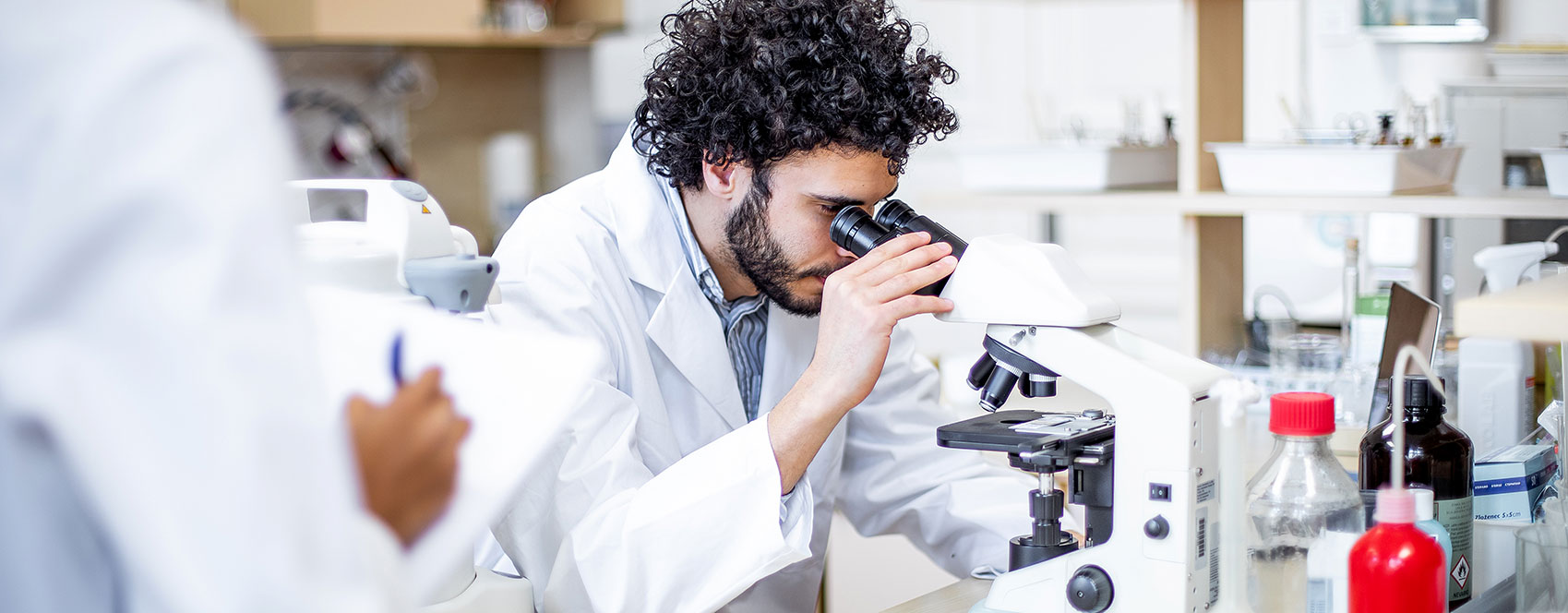Spotlight on Rare Diseases
Newsletter of the Rare Diseases Clinical Research Network
Spotlight on Rare Diseases is the official newsletter of the Rare Diseases Clinical Research Network, an NIH-funded research network of 21 active consortia or research groups -- teams of researchers, patients, and clinicians -- each focused on a group of rare disorders. Look to this newsletter for news, features, and insights about rare diseases research from across our national network. Questions? Contact us at rd.dmcc@cchmc.org.
Go to Issue:
Archived Issues
Spotlight on Rare Diseases Newsletter Editor
Dakota Campbell
RDCRN Communications Program Manager


